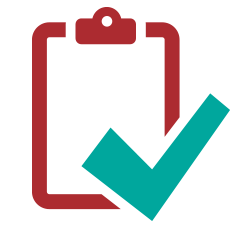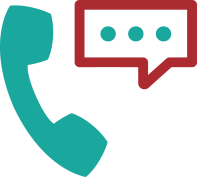

A nearly yearlong process, February to November 2018, to educate Salt Lake City residents and businesses on the City’s critical needs (streets, housing, transit and neighborhood safety), and get input for a proposed 0.5% sales tax and $87 million bond for street reconstruction. Engagement was broken into three phases: Phase 1: Critical Needs and Sales Tax, Phase 2: Potential Bond, Phase 3: Bond Education. The engagement focused on residents and businesses; a variety of both in-person and online engagement techniques were used throughout the process.



Mayor Biskupski and the Salt Lake City Council sought feedback to better understand public perceptions of City service needs and potential funding mechanisms ahead of a Council vote on May 1, 2018. The City engaged in an extensive public outreach and engagement effort to collect feedback from residents, businesses and others with a stake in the future of Salt Lake City. The City held two open houses, presented to Community Councils, visited businesses, held opinion leader interviews, conducted an online survey and created a project website, among other things.



Following the May 1 City Council vote to approve the sales tax increase, public engagement focused on the potential $87 million general obligation bond to fund street reconstruction. To help determine if the City Council should place the potential bond on November’s ballot, the City held coffee chats in each City Council District, had a booth at different community events, conducted a second online survey, and commissioned a statistically valid poll, among other things. A primary engagement tool was a large map depicting the 2017 pavement condition survey that revealed that nearly two-thirds of Salt Lake City streets are in poor or worse condition.
Read the full report



After the Salt Lake City Council placed the $87 million street reconstruction bond on November’s ballot, Salt Lake City conducted an education campaign to explain the need and how the potential new funding would be used. Outreach centered on a voter information pamphlet mailed to every City resident and business, with a Spanish version also available. Other education outreach efforts included social media posts, open houses before City Council public hearings, and education advertisements in print and online media.
Read the full report